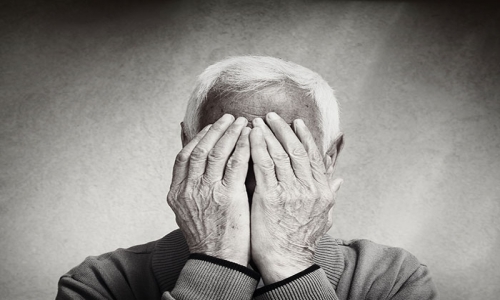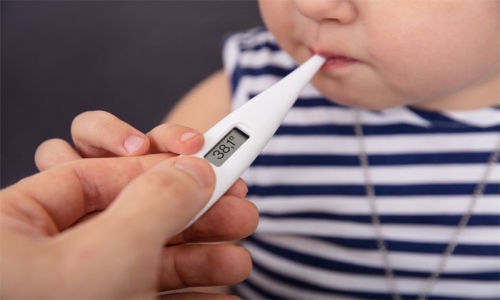27 Feb 2019

Often confused, bronchitis and pneumonia are two distinct illnesses but have similar symptoms. They both affect the airways and require medical treatment. However, pneumonia can present serious complications and lead to death if it isn’t not diagnosed in a timely fashion.
How to differentiate between them?
Both include coughing, fevers and difficulty in breathing. While these symptoms are similar bronchitis is an inflammation that affects the lungs and pneumonia is an infection that affects the alveoli and lung tissue.
The causes of bronchitis:
Bronchitis often occurs after a cold or the flu of which the responsible virus is transmitted from the upper respiratory tract (nose, mouth, pharynx, larynx) to the lower respiratory tract (trachea, bronchi, bronchioles) . There is acute bronchitis lasting 2 to 3 weeks and chronic bronchitis if it lasts for several months.
The symptoms of bronchitis:
Bronchitis is manifested by a cough with sputum, fever, chest pain, headache, body aches and difficulty in breathing.
The causes of pneumonia:
Pneumonia is of bacterial origin but rarely viral though it can be both. It is caused by the bacterium Streptococcus pneumoniae in the majority of cases. This infection may be preceded by an influenza or cold but presents a more serious clinical picture. Poor or delayed treatment can be fatal.
The symptoms of pneumonia:
Pneumonia is manifested by a cough with yellow or green sputum (sometimes with blood), high fever, chills, chest pain, headache, breathing difficulties, shortness of breath and painful asthenia and lack of appetite.
How to treat them?
In both cases it is necessary to consult a specialist doctor as soon as the symptoms appear to avoid any complications.
Bronchitis is treated with painkillers and antipyretics to lower the fever. Viral infection, the doctor can prescribe antibiotics in case of bacterial superinfection.
Pneumonia is a bacterial infection, its treatment is done by a course of antibiotics even in cases of mixed infection, bacterial and viral.
Pneumonia is more serious than bronchitis, it can lead to severe complications and require hospitalization especially in people at risk: children, the elderly and immunocompromised.
Precautionary measures
Because of the cold, the mucous membranes protecting the respiratory tract are irritated, which leaves the way free for viruses and bacteria to pass to the bronchi and lungs. It is necessary to cover oneself during the periods of the cold. A high percentage of patients with pneumonia are smokers because of the alteration of these mucous membranes.
Wash your hands and avoid getting close to people who are coughing or have flu-like symptoms.
It is advisable to drink plenty of water and infusions (with honey) and to rest to recover quickly and to avoid contaminating those around. It is imperative to finish taking antibiotics to avoid relapsing.




